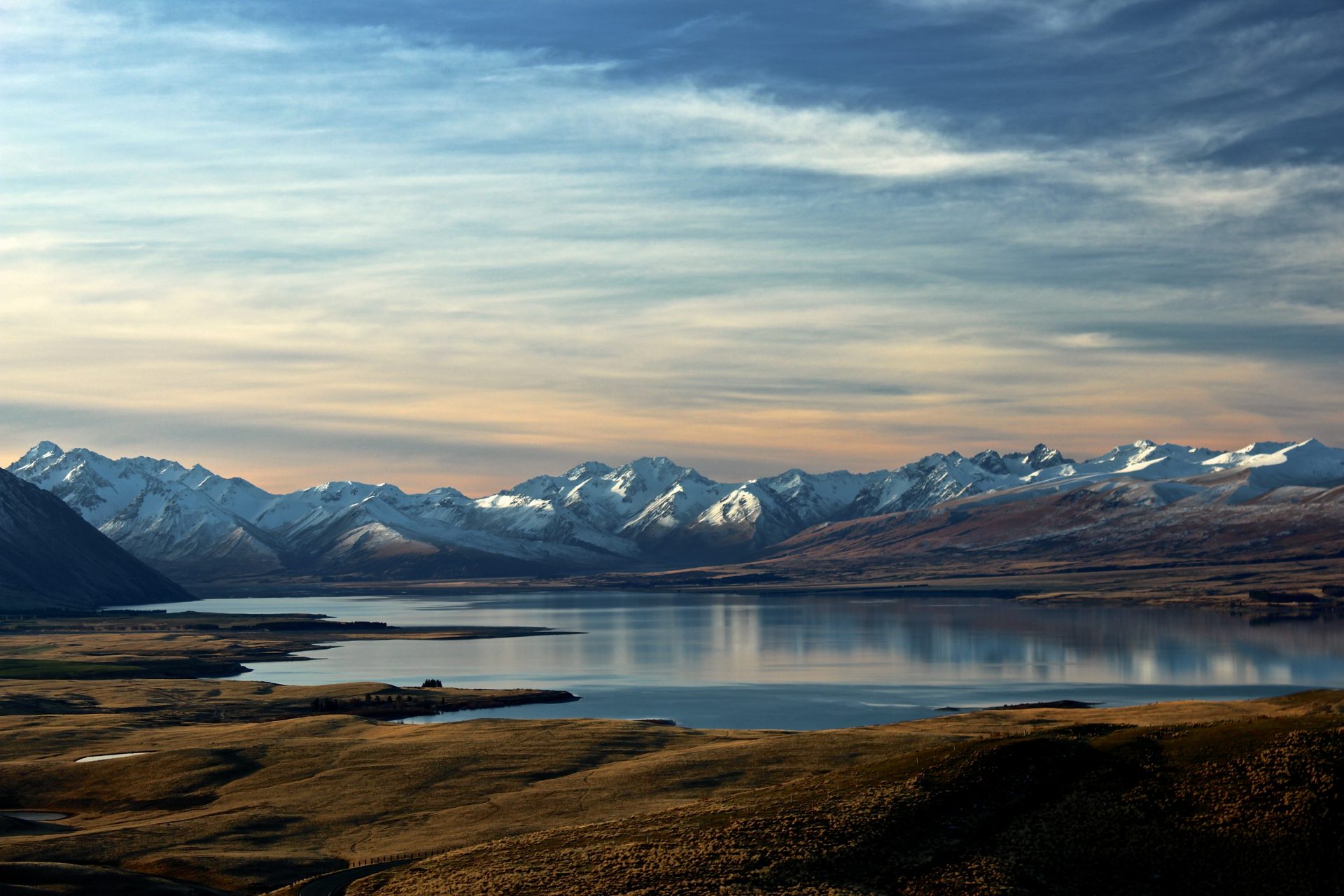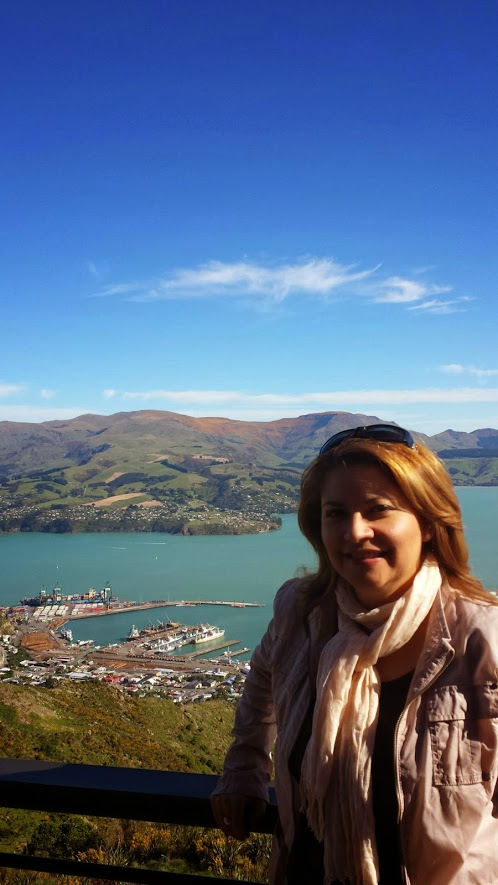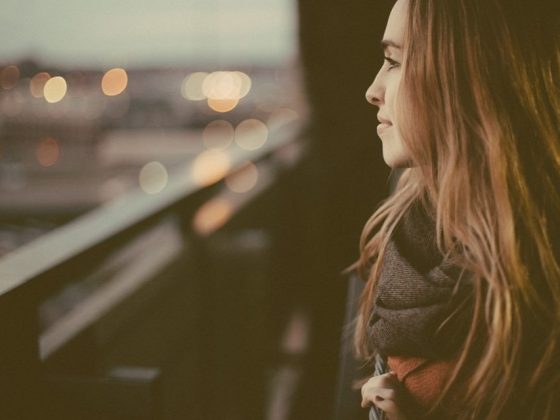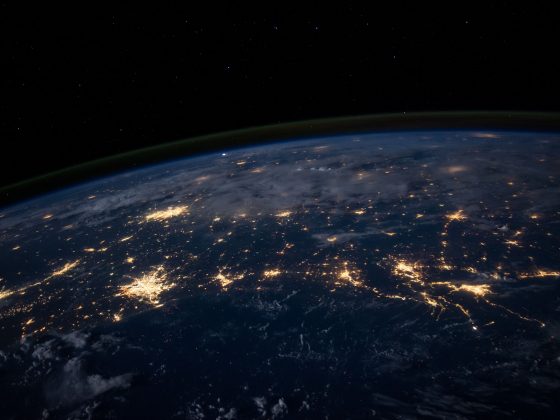The indigenous Maori name for New Zealand, Aotearoa, means “land of the long white cloud.” Indeed, after the despicable mass shooting at two mosques in Christchurch, a vast pall of stupefaction and consternation hang over the country considered by many as heaven on earth because of its strong sense of freedom, peace and breathtaking scenery. How is it possible that humanity has sunk to such a low point? Can this state be turned around?
I spent almost four years of my adult life in Wellington, NZ’s capital, and also had the opportunity to visit Christchurch a couple of times. Coming from an Israeli background, I always had a sense of being immersed in a comfortable, yet tensely quiet, atmosphere in any place or city I visited. There was always the feeling that something terrible might happen at any given moment due to the cunning nature of people and the authorities, combined with a refusal to confront the new unsafe reality we live in globally. In other words, it was clear to me that it was not a matter of if but when a terrorist attack of some scale, motivated by an extreme ideology, could unfold.
People asked: “Why would an Australian national choose the most remote place on the planet to perpetrate a shooting that killed 50 people?” The terrorist, considered to be a white supremacist, admitted it was no coincidence. It was carefully planned to send a message. According to his own words: an attack in New Zealand would show “that nowhere in the world was safe.” Now the world’s last bastion of tranquility has lost its sense of innocence and tolerance that the Kiwis felt so proud of.
Words and symbolic acts of solidarity pour in from inside and outside the country, and NZ’s government has confirmed that gun laws will change to prevent future incidents. However, we have seen from previous similar situations that such measures are nothing more than stopgap solutions whose effect vanishes as soon as the tragedy fades away from the media spotlight. The problem itself is actually not fixed because its root cause has not been tackled: the increasingly destructive egoism of humanity. Its consequences are reflected as violence and conflicts at all levels of human interaction.
Christchurch landscape
Our tendency toward egoism, both as individuals and within societies, is constantly growing. It evolves at the same pace as the world’s development because everything is increasingly interdependent and widespread. The building pressure has come to the point that a world war, once thought of as something left behind in the past, could be ignited in a blink of an eye due to such a multifaceted yet tightly enclosed system. In this kind of reality, everyone will lose unless every person supports and cares for all the rest.
Science explains the conditions of the system we live in with the metaphorical term “the butterfly effect.” An action taking place in a specific location will undoubtedly have an impact somewhere else, since everything in nature is enveloped within one rounded, interconnected system. Only the person’s fragmented and limited perception–based on an egoistic approach that fuels selfish and harmful views–fails to understand this, the “whys” and “hows” behind unfolding events. We are part of a single, integral system where everything interconnects.
We cannot expect changes from politicians or from tougher laws. The change can only come from within each of us, when every person feels part of a single system and realizes how each thought and action impacts the whole. It is because in this system, the particular and the general are equal. Without this awareness, humanity will not be able to face today’s challenges and will continue to suffer.
The solution to the complexity of today’s intricate reality lies in the implementation of the universal rule, “love your neighbor as yourself.” Any step in that direction is a giant leap toward a balanced existence. I believe that only when we focus on putting this rule into practice, will we have any hope for truly finding paradise on earth.












